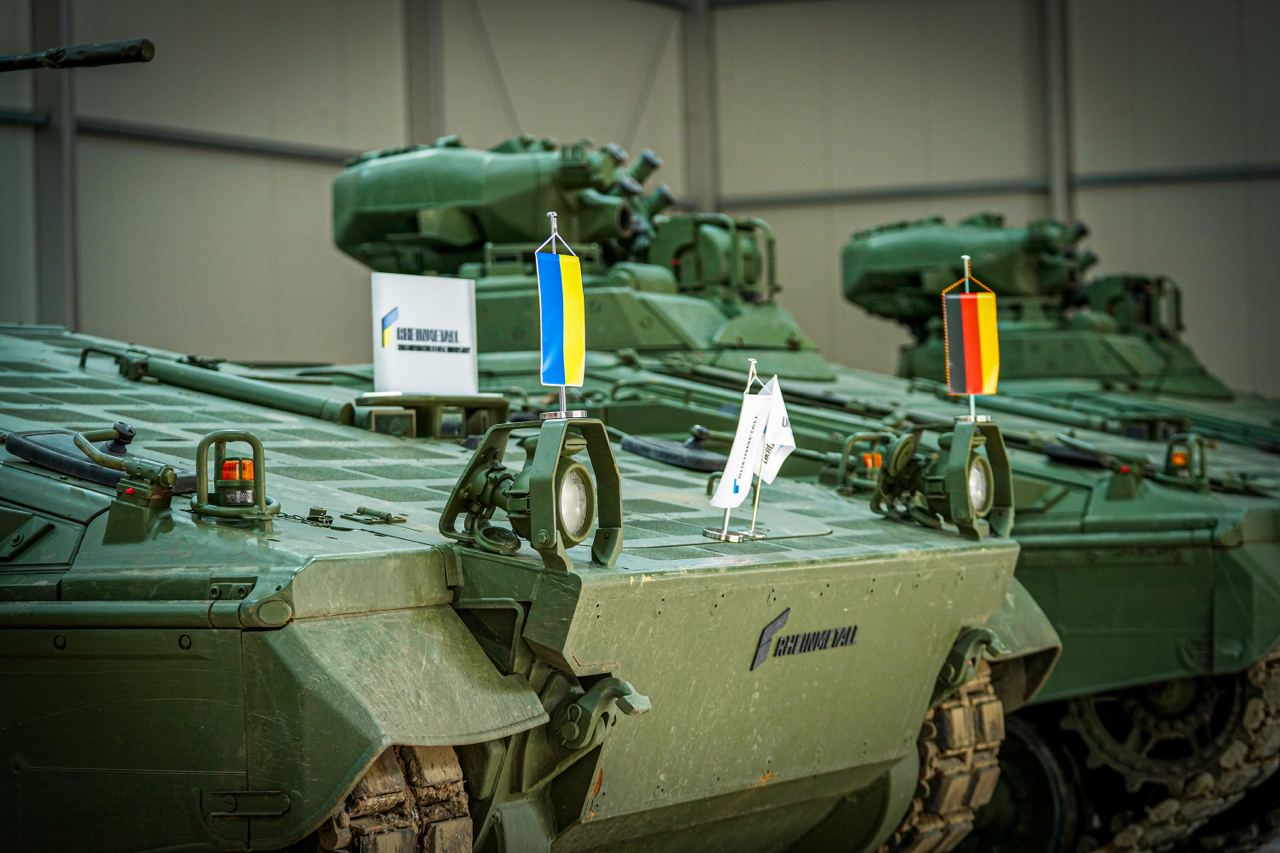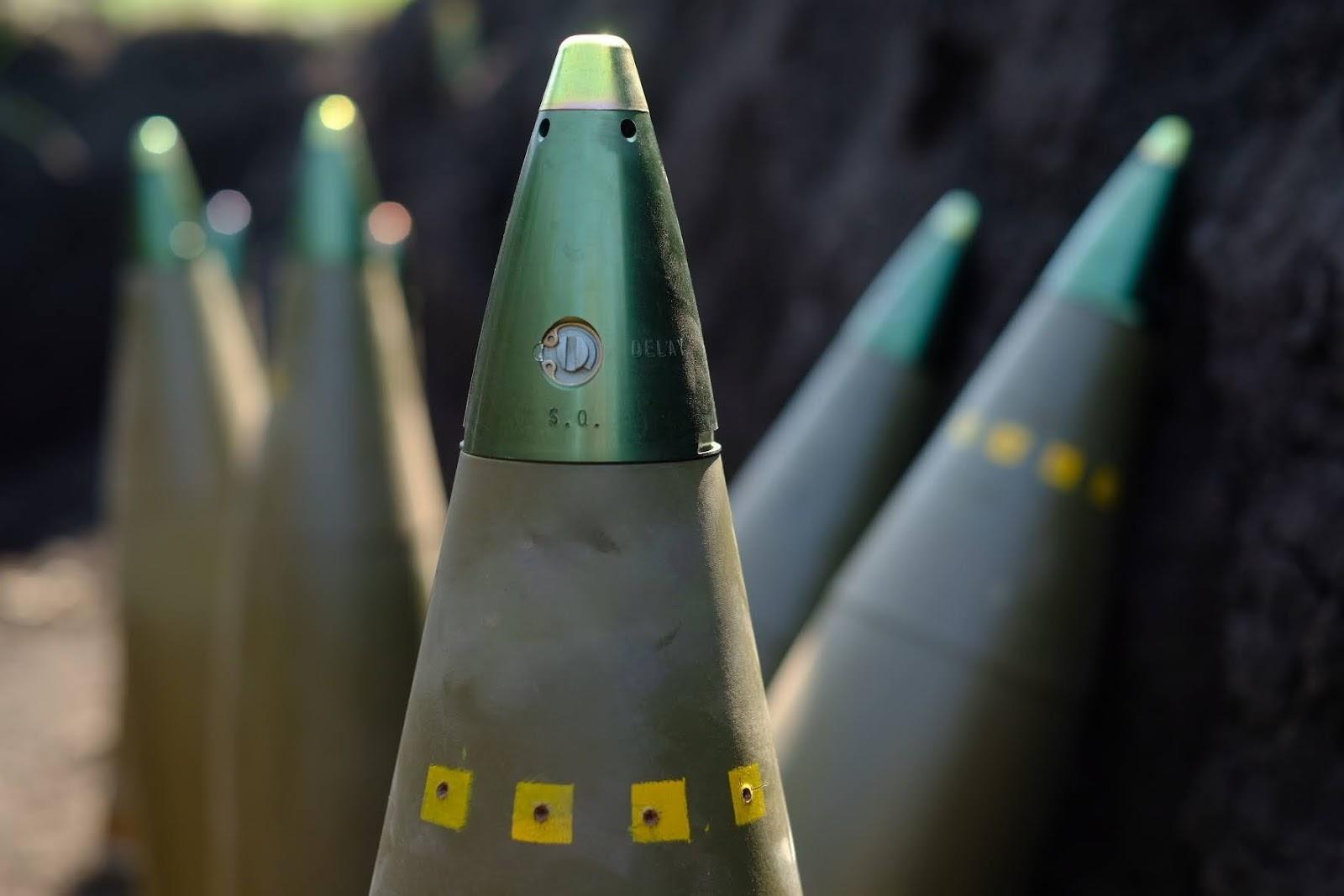Chile has agreed to sell 30 Marder 1A3 infantry fighting vehicles to Germany in what appears to be a ring exchange scheme, with the vehicles likely destined for Ukraine, El Mostrador reports.
The transaction, which has been kept strictly secret, involves vehicles currently operating in Chile's northern border region alongside Leopard tanks and armored artillery. Neither the Chilean Army nor the Ministry of Defense agreed to provide information about the deal when contacted by the Chilean publication.
According to multiple sources cited by El Mostrador, the most probable destination for the Chilean Marders is the Ukrainian army, though it's also possible Germany seeks to replenish its own stocks after transferring equipment to Kyiv.
The sale comes as part of Germany's Ringtausch program, through which Berlin has been supplying various types of weapons to the Zelenskyy administration since the start of the conflict. By October last year, Germany had delivered 140 Marder 1A3 vehicles to Ukraine, but demand far exceeds production capacity at manufacturer Rheinmetall.
Rather than a traditional sale, sources told El Mostrador the arrangement is more akin to a barter, with Chile receiving air defense equipment in exchange. The context for this includes Bolivia's acquisition of Iranian Shahed drones—the same type Russia uses to attack Ukraine—and Argentina's purchase of 24 secondhand F-16 Fighting Falcon aircraft from Denmark.
"The only way a deal of this type is favorable for Chile is if it increases its military capabilities, but that doesn't appear to be the case here. It seems like robbing Peter to pay Paul," a military analyst told El Mostrador on condition of anonymity.
Chile currently operates around 270 Marder vehicles in armored infantry battalions stationed in Arica, Pozo Almonte, and Antofagasta. The country acquired 146 used Marders from Germany in 2009 at a bargain price of 50,000 euros per unit—far below the standard cost of $400,000 at the time—alongside the purchase of 60 Leopard tanks.
Der Spiegel reported that Chile paid $7.3 million for vehicles whose commercial value exceeded $60 million, though this required the army to invest in modernization work carried out by Rheinmetall.
In May, Defense Minister Adriana Delpiano reviewed the latest modernization of the Marders during a visit to the Arica Armored Brigade, where vehicles updated with Eoptris aiming systems and Sentinel observation equipment from Belgian company OIP Sensor Systems were presented.
When contacted, the Chilean Army stated that "issues of purchases, sales, contracts are handled by the Ministry of Defense. Therefore, it is not up to the Army to comment on this matter."
The Ministry of Defense responded that "matters referring to strategic capabilities are reserved," declining to specify the total number of vehicles involved, timeframes, values, or whether it is indeed a sale or barter for anti-aircraft technology.
German Aid to Ukraine, citing El Mostrador, notes that Germany has already transferred 140 Marder 1A3s to Ukraine and publicly promised another 25. Adding 30 vehicles from Chile would be a logical continuation of Berlin's commitments, though the original timeline called for completion in the first half of the year—more than four months ago.
If confirmed, this would mark the first instance of a Latin American country participating in such an exchange as part of support for Ukraine. Previous ring exchange participants have included the Czech Republic, Slovakia, and Greece.
The deal comes as European security concerns intensify. In August, German Chancellor Friedrich Merz warned that if Ukraine is ultimately defeated, other countries could follow in the midst of Russian expansionist escalation, including Germany itself.




